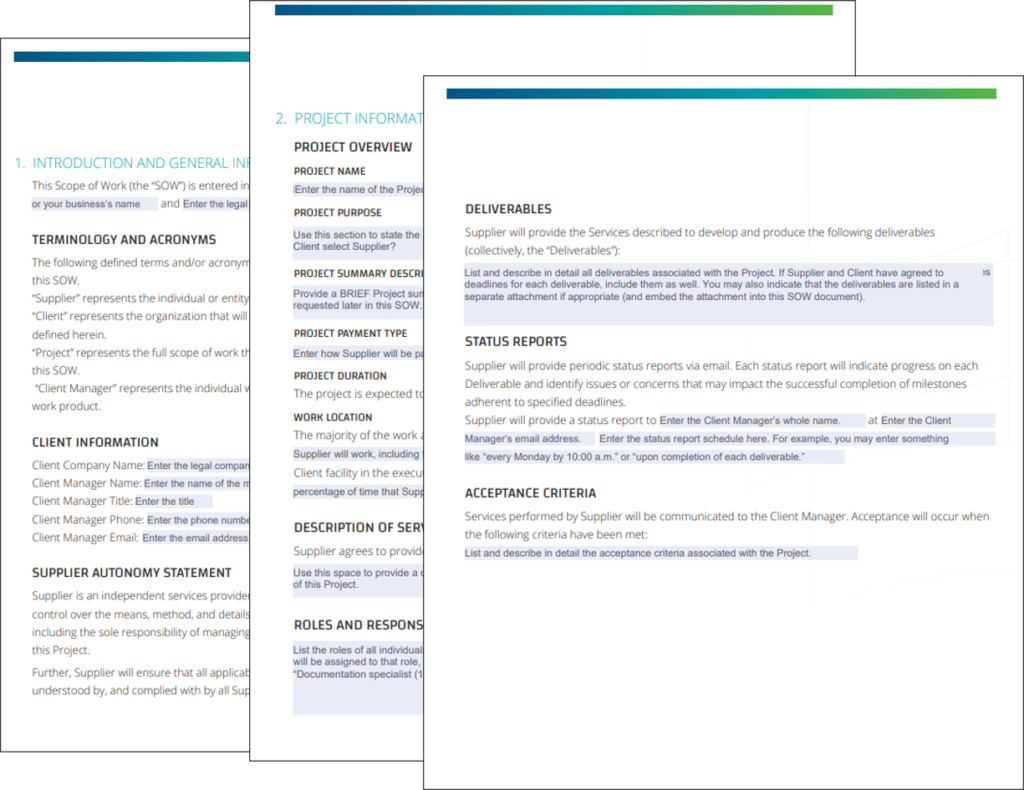
Shibumi might be a good choice if you are looking to purchase a software program for your business. Besides the fact that this particular system is highly popular, it has many pros and cons that you should consider before making a decision. This section will discuss the pricing, features, and integrations to other systems.
Pros
Shibumi is an enterprise project management software that allows IT leaders and C-suite members to organize and track projects. It provides an overview of a project's progress that helps C-suite staff make better decisions regarding the projects. Shibumi software is complex and can be configured to suit the needs of any company. This software is highly specific and may not be appropriate to all businesses.

Shibumi's solution for strategic portfolio management empowers PMO leaders and C-suite executives to align their execution with the firm’s strategies. This allows companies to reduce organizational risk and increase agility, while maximizing return on investment. In addition, it helps companies track metrics in a centralized environment.
Pricing
Shibumi enterprise project management software focuses primarily on strategy execution management. It's powered by a SaaS platform used by top enterprises. It helps organizations achieve their strategic business goals through agile execution. It allows users to set clear measurable objectives and track metrics within a centralized environment.
Shibumi software is used by customers to manage transformation programs across the enterprise. This single source of truth empowers both strategy and execution leaders to make better choices. It can also be integrated with other apps like BI tools, project management tools, and more. Third-party developers can also integrate Shibumi's GraphQL API with their own software. It also has multi-user capabilities, making it a powerful enterprise-wide tool for transformation.
Integrations with other systems
An API is available for integration to the Shibumi Software. The API allows Shibumi instances of the software to communicate directly with other systems through HTTP requests. The API allows Shibumi to be integrated with other web applications. By using the API, the Shibumi system will connect to other systems and applications without requiring a special setup.

Shibumi is compatible with Jira Align (Microsoft Project Online), Blue Prism (Blue Prism) and other systems. It can also export data into other systems, which allows seamless integration. This powerful tool is ideal for larger organizations to manage the lifecycles of strategic programs. It facilitates collaboration between teams, and allows you to track milestones. Shibumi is able to score business opportunities based on predicted outcomes.
FAQ
Can anyone become a consultant
Consultants are people who help you reach your goals by giving advice about how to make it better, faster, or cheaper.
Consultants can help you resolve problems, make decisions, and negotiate with other people.
Many consultants are hired for specific projects and tasks.
Consultants are often paid per hour or daily rather than per project.
What was the origin of modern consultancy?
The first consultants were accountants who helped companies manage their finances. They were able to manage financial information and became "accounting experts". But, their role soon expanded to other areas such as human resource management.
The French word for advice, "consultant", was originally used to describe someone who could advise on the management of an organization. The word consultant is still used by most business owners to refer to any kind professional advisor.
How long does it take to become a consultant?
Depending on your industry and background, the time required will vary. Most people start out with a few months before they find work.
Some consultants, however, spend many years perfecting their skills before they find work.
What are the types of contracts available to consultants?
Standard employment agreements are signed by most consultants when they are hired. These agreements outline how long the consultant will work for the client, what he/she will get paid, and other important details.
Contracts may also include details about the specific areas of expertise that the consultant is going to be focusing on as well as how they will be compensated. One example is that the agreement may specify that the consultant provides training sessions and workshops, webinars, seminars, or other related services.
Other times, the consultant simply agrees to complete specific tasks within a specified timeframe.
Consultants often sign independent contractor contracts in addition to their standard employment agreements. These agreements allow the consultant work on his/her own but still receive compensation for his/her efforts.
What is a consultant and what are their responsibilities?
A consultant is someone who provides services for other people. It's not just a job title; it's a role where you help others achieve what they want from life. Helping others to understand their options, and then helping them make the best decisions.
Consultants can help you solve problems or overcome challenges when working on projects. They offer guidance and advice about how to implement such solutions.
Any questions you have about business, technology and finance, leadership or strategy, human resource management, customer service, customer service, or any other topic, a consultant can answer them.
Statistics
- On average, your program increases the sales team's performance by 33%. (consultingsuccess.com)
- 67% of consultants start their consulting businesses after quitting their jobs, while 33% start while they're still at their jobs. (consultingsuccess.com)
- My 10 years of experience and 6-step program have helped over 20 clients boost their sales by an average of 33% in 6 months. (consultingsuccess.com)
- WHY choose me: Why your ideal client should choose you (ex: 10 years of experience and 6-week program has helped over 20 clients boost their sales by an average of 33% in 6 months). (consultingsuccess.com)
- Over 50% of consultants get their first consulting client through a referral from their network. (consultingsuccess.com)
External Links
How To
What is a typical day for a consultant?
The type of work that you are doing will affect the typical day. You'll spend your time researching new ideas and meeting clients.
You will have many meetings where clients and you can discuss their issues. These meetings can be done over the phone or via email.
The proposal is a document that outlines your ideas and plans to clients. Before presenting these proposals to clients, you will usually need to discuss them with a colleague or mentor.
You will need to create content after all your planning and preparation. You might be creating articles, videos, editing photos, writing interviews, or designing websites.
Based on the scope and complexity of the project you may need research to obtain relevant statistics. This could include finding out how many customers your company has and whether they purchase more than one product.
Once you have gathered enough information, it's time to present your findings to clients. You can either present your findings in writing or orally.
After your initial consultation with clients, you need to keep in touch. You might contact them regularly to check on their progress or send them emails to confirm they have received your proposal.
This process takes time, but it's important to ensure that you stay focused and maintain good relationships with clients.